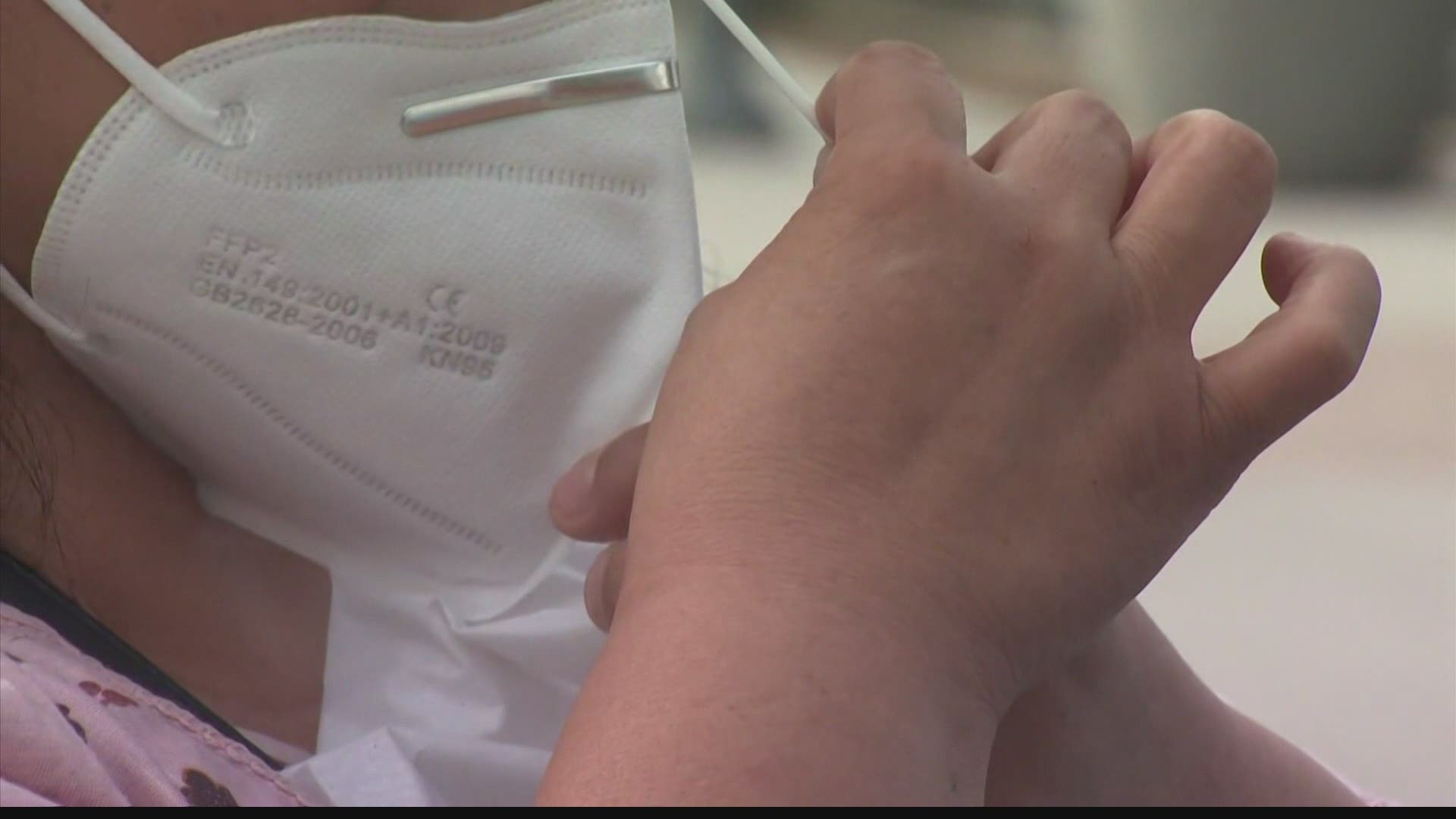INDIANAPOLIS — On Friday, the Indianapolis Colts announced four people within their organization tested positive for the coronavirus, only to send another update hours later saying those results were false positives.
"Earlier this morning, we were informed that four individuals within the organization tested positive for COVID-19. The four positive samples were re-tested and have been confirmed negative," the team said in a statement.
After the Colts announcement, we looked at the accuracy of common COVID-19 tests.
Since the beginning of the pandemic, more than two million tests have been given to Hoosiers, according to the state’s dashboard.
Many times, it can be hard to know if your result is a false positive or negative. Experts say it depends on the type of test you take. Some are more accurate than others.
The three most common COVID-19 tests are the Molecular test (RT-PCR test), Antigen Test (Rapid Diagnostic test) and the Antibody Test.
MOLECULAR TEST – Typically highly accurate
The Molecular Test, more known as the PCR test, is a nasal or throat swab and is usually sent to a lab afterwards. According to the FDA, this test is typically “highly accurate” and usually does not need to be repeated. This test is meant to see if you actively have COVID-19.
ANTIGEN TEST – May need another test
The Antigen Test, better known as the rapid test, is a nasal or throat swab that can produce results within one hour or less. The FDA says positive results are “usually highly accurate” but negative results “may need to be confirmed with a molecular test.” The test is used to get results fast and detect whether COVID-19 is in your system.
ANTIBODY TEST – Second test recommended
The Antibody Test is a blood test that can give results on the same day or in three days. According to the FDA, a second antibody test is sometimes needed for accurate results. This test shows whether someone has been infected with COVID-19 in the past. It cannot show if someone has an active infection.
Studies show there are many factors that can affect a test and give a false positive or negative, including when the test is collected, the type of sample taken and the quality of the sample.

